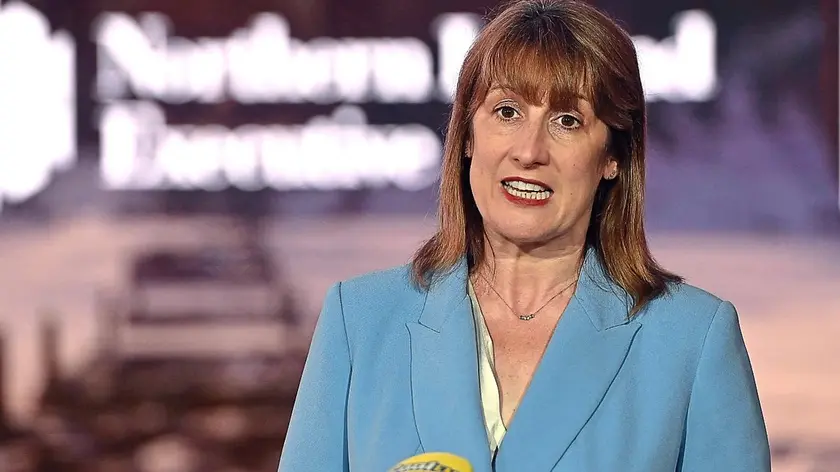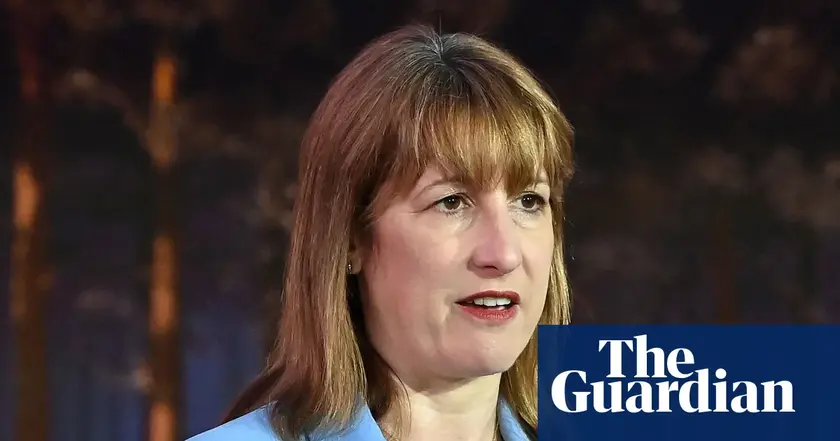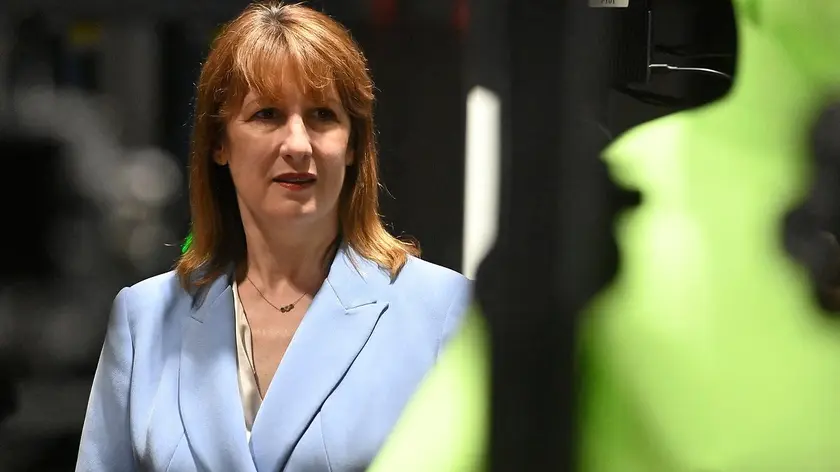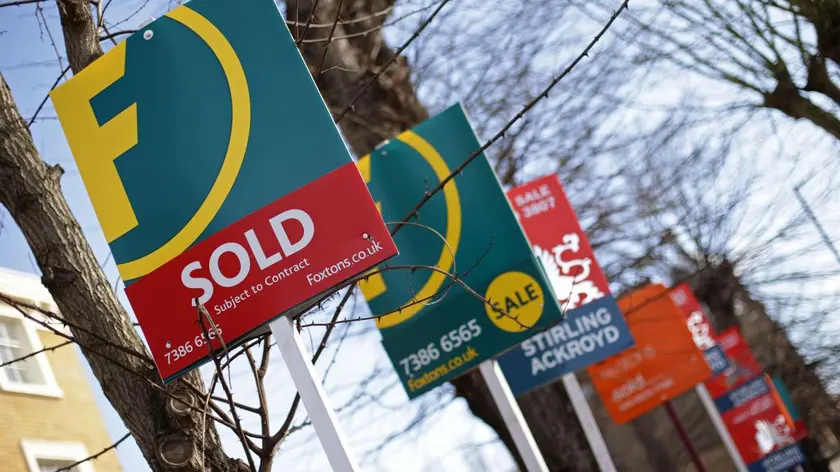T4K3.news
UK borrowing slows in July
ONS figures show July borrowing lower than expected as tax receipts and NI contributions rise, but the Budget challenge remains.

July borrowing fell to a three year low as tax and National Insurance receipts rose, but the budget outlook remains constrained.
UK borrowing slows in July as receipts rise
Official data from the Office for National Statistics shows borrowing over the first four months of the financial year totalled £60bn, up £6.7bn from a year earlier. Borrowing in July was lower, helped by the timing of income tax receipts. Self assessment payments brought in £15.5bn in July, up £2.7bn on a year earlier, and National Insurance contributions rose after the April rate increase. The ONS notes that the four month total is in line with the forecast published by the independent Office for Budget Responsibility in March.
Economists caution that July’s improvement does not remove the larger budget challenge. Paul Dales of Capital Economics told the BBC that Reeves is likely to miss her fiscal rule by around £17bn, meaning she may need to raise that amount, or around £27bn if she wants to keep a similar buffer as in March. There is talk that the freeze on income tax thresholds, due to end in 2028, could be extended. Some reports also suggest Reeves is weighing reforms to property taxes. The data provide a partial relief, but the policy path remains unsettled.
Key Takeaways
"Borrowing over the first four months of the financial year has now reached £60bn."
ONS data release
"We think she's on track to miss her fiscal rule by something like £17bn."
Paul Dales on Reeves
"it felt like tax rises were inevitable"
BBC interview with economist
"she might have to raise something like £27bn in the Budget"
Analyst projection
July’s numbers offer a brief, hopeful blink but no lasting relief from the deficit. The month shows stronger receipts at the top of the tax system and a higher NI intake, yet the underlying borrowing path still points to a sizable annual gap. The political and economic implications are clear: the Budget will need serious revenue-raising or spending restraint measures, and that will test public patience as much as markets. The debate over extending the tax threshold freeze or reforming property taxes could trigger backlash if it feels like a shift toward higher taxes, even as officials argue changes are necessary for credibility.
Highlights
- July borrowing slips but the debt path stays stubborn
- Tax receipts save the month not the year
- The budget clock keeps ticking
- Policy decisions will define the next phase of restraint
Budget path carries political risk
July’s data offers relief but does not resolve the larger deficit. Any proposal to raise revenue or reform taxes will face political backlash and investor scrutiny, especially if it involves extending the tax threshold freeze or changing property taxes.
The budget path will be tested by choices as much as numbers.
Enjoyed this? Let your friends know!
Related News

Tax policy under pressure in autumn Budget

UK borrowing slows in July as Reeves gains room ahead of budget

UK vacancies fall as hiring slows

New mortgage rules boost UK home buying

UK housing market gains after rate cuts

Debt rises in Labour's first year

UK borrowing falls in July

Mortgage approvals increase as housing market stabilizes
